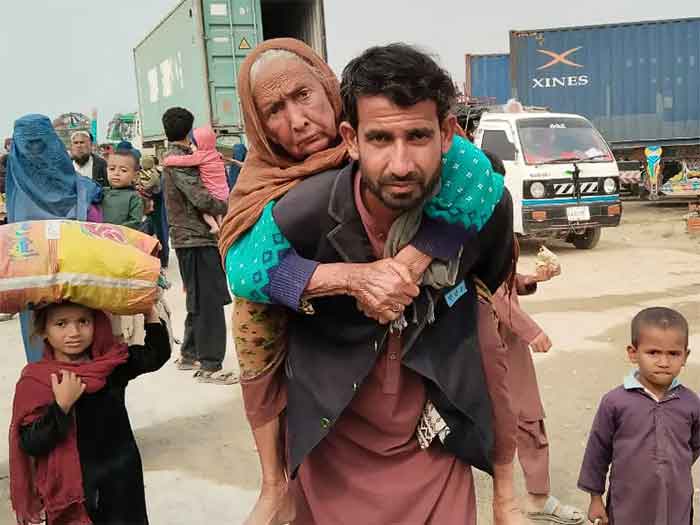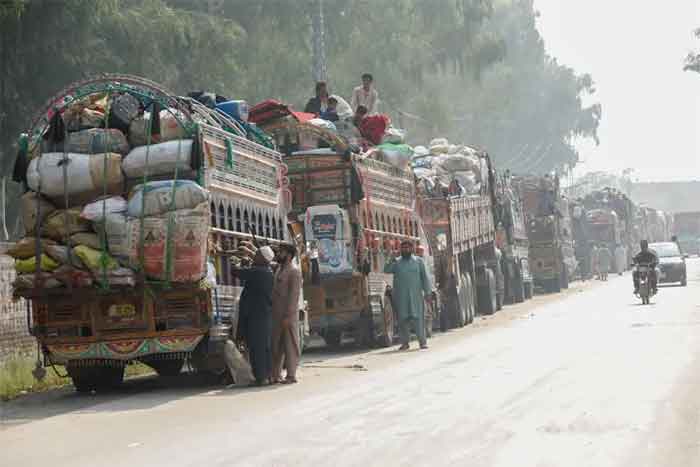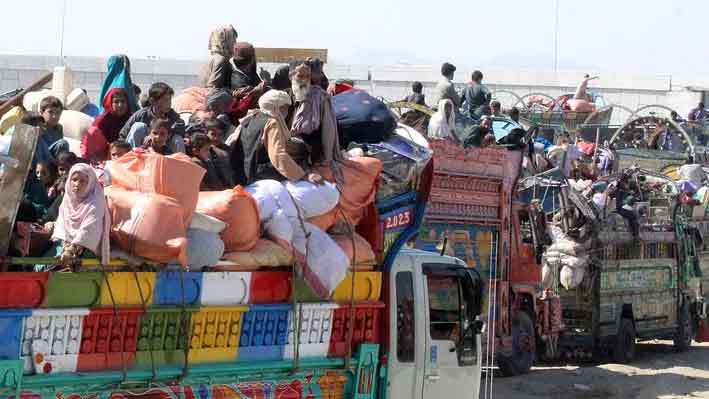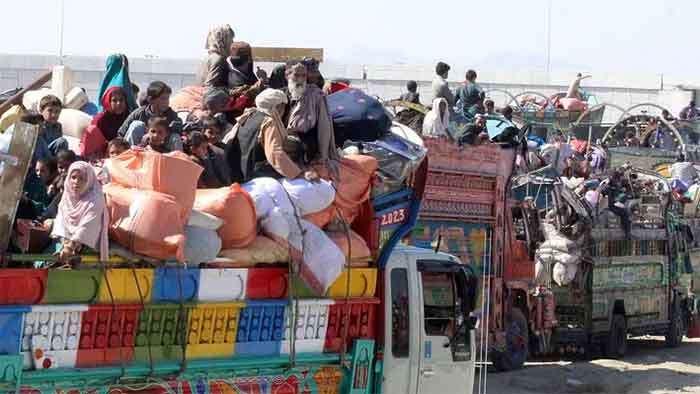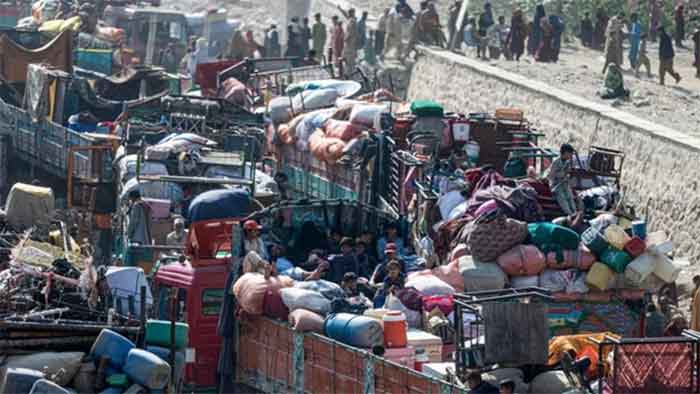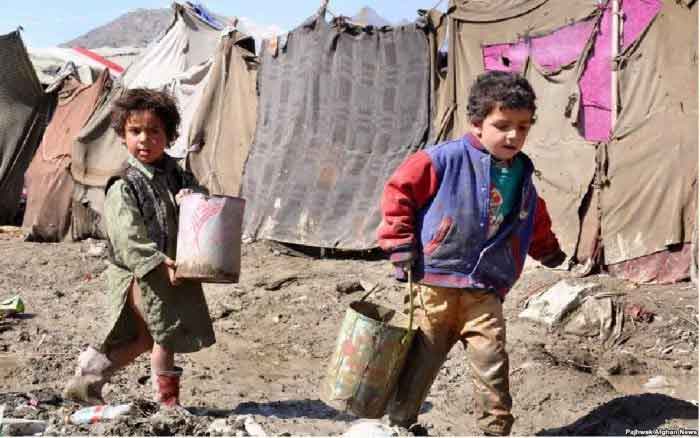
While political changes have been in the forefront of most recent discussion on Afghanistan and Myanmar, a serious humanitarian crisis looms large for several million people. Over 50% of the nearly 88 million people living in these troubled lands are likely to face serious shortages of food, medicine and other essential needs. Invariably minorities identified on religious, ethnic, regional or gender basis will be more vulnerable, as will be political opponents.
Let us also not forget that these countries too have been troubled in recent times by the two other great vagaries of recent times, adverse weather conditions and the pandemic. In relatively more stable neighboring countries, a combination of these two factors has caused havoc over extended areas. So it is only to be expected that these two countries with much more unstable and violent conditions had a much weaker response to these and hence suffered more harm.
While Afghanistan figures most in public debates, we should not forget that the population of Myanmar , about 54 million, is over one and a half times that of Afghanistan about 34. The staple food of Myanmar is rice, and this country has been generally known as an exporter of rice. This does not necessarily mean that all parts of the country produce surplus food, and the production may now shrink significantly in more troubled parts. As the junta has good relations with China and some other neighbors, it may not be difficult for it to procure adequate supplies of essential commodities from abroad, particularly if it is willing to make adequate concessions. The country is rich in resources ranging from oil and gas to rubies and pearls. However it is another matter whether food, medicines and essential commodities will be able to reach those who need them the most.
Firstly , in an overall situation of shortages, the junta will first try to ensure adequate supplies for soldiers and supporters. Secondly, it may have a bias against sending supplies to areas and sections of people it considers to be hostile. Thirdly, amidst rising violence and turmoil it may become increasingly difficult to send essential supplies to many places even if there is genuine will to do so.
There have been recent signs of the protests turning more violent in the face of the tendency of the junta to be repressive towards more peaceful forms of protests. Given the history of violent conflicts, more or less civil war conditions may be reached soon.
In Afghanistan, as the humanitarian crisis aggravates, the discrimination while providing assistance towards minorities as well as areas as regions and sections identified to be hostile may be even more unjust. In a country where so many men have perished or are disabled, women including widows have taken up increasing livelihood opportunities during the last two decades, and these livelihoods are likely to be very adversely affected in the coming days.
Another important factor here is that several of those with the most experience , and spirit of service, in providing humanitarian, particularly medical assistance, have been forced by compelling circumstances in recent times to leave, or at least to scale down their work. It will take much time and effort, even with the best of intentions, to make up for this loss.
The very large number of internally displaced people are extremely vulnerable. Those who ran away from remote villages fearing Taliban terror to reach cities in very difficult conditions find themselves in a very high risk situation with Taliban takeover.
Humanitarian sitution in these two countries is aggravating at a time when there is general aid fatigue. In addition, due to pandemic and related factors, the willingness to neighboring and other countries to shelter refugees is at its lowest. But even if adequate aid is forthcoming, the main problem of reaching it to those who need it the most will remain. Medical equipments can be useless without the trained nanpower to use them with purpose.
There are many worries and few answers. United Nations has a more important role which it must prepare for. In the longer term efforts for a better commitment to peace and justice must be strengthened at all levels.
Bharat Dogra is Honorary Convener, Campaign to Protect Earth Now. His recent books include Planet in Peril, Man Over Machine and Protecting Earth for Children.


